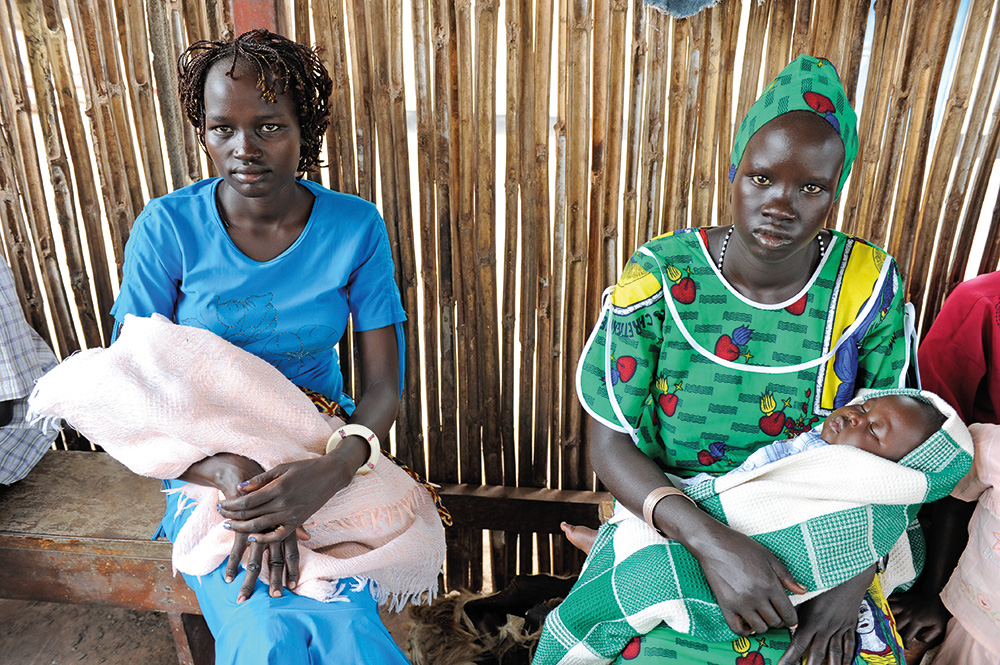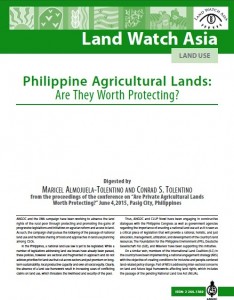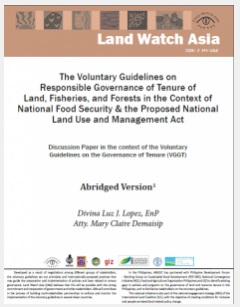Location
As a service provider in the field of international cooperation for sustainable development and international education work, we are dedicated to shaping a future worth living around the world. We have over 50 years of experience in a wide variety of areas, including economic development and employment promotion, energy and the environment, and peace and security. The diverse expertise of our federal enterprise is in demand around the globe – from the German Government, European Union institutions, the United Nations, the private sector, and governments of other countries. We work with businesses, civil society actors and research institutions, fostering successful interaction between development policy and other policy fields and areas of activity. Our main commissioning party is the German Federal Ministry for Economic Cooperation and Development (BMZ). The commissioning parties and cooperation partners all place their trust in GIZ, and we work with them to generate ideas for political, social and economic change, to develop these into concrete plans and to implement them. Since we are a public-benefit federal enterprise, German and European values are central to our work. Together with our partners in national governments worldwide and cooperation partners from the worlds of business, research and civil society, we work flexibly to deliver effective solutions that offer people better prospects and sustainably improve their living conditions.
Members:
Resources
Displaying 211 - 215 of 340Food and nutrition security in the SDGs – where are we heading?
The demand to eradicate extreme poverty and hunger has been the centrepiece of the Millennium Development Goals; the first MDG stands for the inextricable link between poverty and people’s ability to access safe, nutritious and sufficient food. How will the objective of achieving global food and nutrition security be embedded in the SDGs? Will the SDGs be a further step towards this target?
“One World – No Hunger” A look at the German Development Ministry’s Initiative
With reference to the “One World – No Hunger” Initiative, Stefan Schmitz shows how food policies can support the attainment of the Sustainable Development Goals and highlights the interdependencies between the individual goals and targets.
Philippine agricultural lands: Are they worth protecting?
This publication is a lobby material to advocate the passage of the National Land Use Act. As one of the major outputs of the high level experts forum held last June 4, 2015, this abridged version of the proceedings highlights the experts’ discussion, answering the following key questions related to agriculture:
Land allocation for social and economic land development (LASED)
A fact sheet on the involvement of the GIZ in Cambodia's social land concessions program. Since 2007, the Royal Government of Cambodia has implemented the “Land Allocation for Social and Economic Development” (LASED) program with technical support from GIZ and financial support from the World Bank. In rural areas, many households are landless and often lose their land as a result of economic and social hardship.
The Voluntary Guidelines on the Governance of Tenure of Land, Fisheries, and Forests in the context of National Food Security (VGGT) and the Proposed National Land Use and Management Act (NLUA)
This issue brief is an abridged version of the VGGT discussion paper, “The Voluntary Guidelines on the Governance of Tenure of Land, Fisheries, and Forests in the context of National Food Security (VGGT) and the Proposed National Land Use and Management Act (NLUA)” that analyzes to what extent the salient principles and recommendations of the VGGT are substantially reflected in the National Land Use Act/NLUA (House Bill 108).






